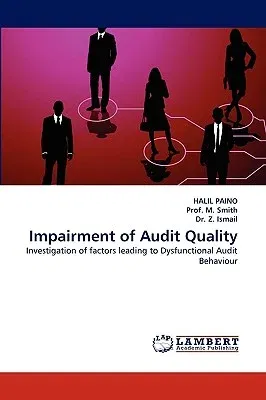Halil Paino
(Author)Impairment of Audit QualityPaperback, 15 July 2010

Qty
1
Turbo
Ships in 2 - 3 days
In Stock
Free Delivery
Cash on Delivery
15 Days
Free Returns
Secure Checkout
Print Length
240 pages
Language
English
Publisher
LAP Lambert Academic Publishing
Date Published
15 Jul 2010
ISBN-10
3838375645
ISBN-13
9783838375649
Description
Product Details
Authors:
Book Format:
Paperback
Country of Origin:
US
Date Published:
15 July 2010
Dimensions:
22.86 x
15.24 x
1.4 cm
ISBN-10:
3838375645
ISBN-13:
9783838375649
Language:
English
Location:
Saarbrucken
Pages:
240
Publisher:
Weight:
358.34 gm

